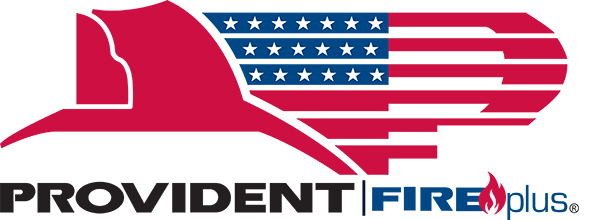
There may come a time when fire departments need to deal with the news media. Whether it’s a major fire or social unrest, firefighting operations will need to have someone on board to represent them when the media requests information. From local news interviews to putting out official statements, understanding how to handle the media during a crisis is crucial.
Fire departments need to have actionable tips and methods of working with the media to keep the public informed of a situation and uphold transparency and trust.
Working with the Media on Fire & Rescue Scenes
Every fire department needs a representative to meet with the media to relay information. From interviews with news stations to responding in person at fire and rescue scenes, the contact person needs to be as prepared as possible, as how they manage reporters is critical.
On a scene, firefighters will be busy working on scene to mitigate the hazard. The media rep’s role is to keep reporters out of the way and to facilitate their coverage. The media needs to be kept at a safe distance, but close enough to see what is occurring so they can report on their own. It does not help the fire department to hide their efforts.
On occasion, there may be some members of the media who may get too close to the action. While they are just trying to do their job, their safety needs to prioritized. In that event, it’s okay to be polite yet firm when directing them back to a safe area. On a large-scale fire scene, the entire area may not be able to be guarded. One way to combat this is to use scene tape, which will provide visual boundaries for reporters. If they are directed back to a good vantage point, they will less likely be willing to wander into an unsafe area.
Just the Facts
Once reporters are in a safe area, the media contact from a fire department can leave them temporarily to gather more information. Whether it’s information from the incident commander, someone from the first company to arrive, or fire investigators, media contacts need to be able to gather as much relevant information as possible.
It’s also important to note that it’s crucial to get the facts straight as accuracy is paramount in these scenarios. It takes a while to build up credibility as a truthful and reliable spokesperson for a fire department. But one mistake can undo any credibility earned.
Another important factor in working with news media is providing as much detail as possible and citing a reputable source. Providing this credible information will help back up the facts and give the media other contact points. This shows that any situation can be layered and fluid, and contains a lot of moving parts.
What Reporters Want to Know
Depending on the incident, reporters will want answers to basic questions, including what’s happening, who’s involved, how the fire was started, and what time it began. It’s important to get these basic notes down and relay them as quickly as possible.
There may be other facts a fire department media contact will need to include. From fatalities to injuries, potential damage cost to information on who was involved, reporters need to be made aware of the unfolding details.
Following an Interview
After a scene is cleared and the interviews are finished, a fire department media representative should follow up with the reporter the day after by phone or email. The fire department contact should ask if the reporter needs any additional information for their story.
It’s also essential to provide safety and prevention tips that may be used as a sidebar or posted on the outlet’s website. If a follow-up interview is requested, it’s important to provide further information from the fire investigation that was not available during the initial meeting or from the scene.
Fire departments need to respect the media’s role in providing the public with detailed and informative information. This partnership only helps to build more trust between the public fire service and the community it serves.
About Provident Fire Plus
At Provident Fire Plus, we offer custom-tailored packages to best protect firefighters and volunteer firefighters. We understand the risks that emergency response teams are subjected to on a daily basis, and have worked to serve these dedicated professionals for over 87 years. For more information about our products and policies, we invite you to contact our experts today at (855) 201-8880.

